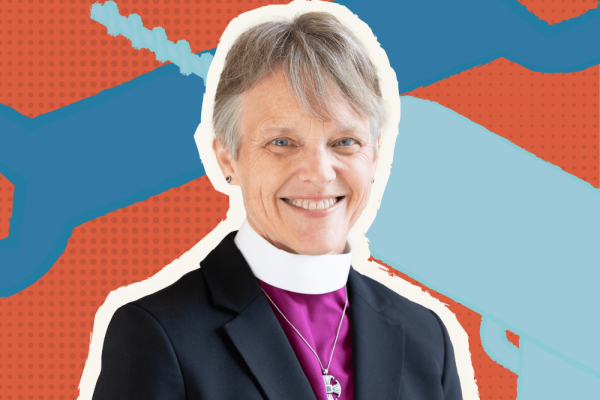Apr 15, 2025
Bishop Mariann Budde got a lot of attention at President Donald Trump's inauguration when she called on him to be merciful to those he had attacked during his campaign. Now, she reflects on her word choice, why she believes “mercy” was the right word, and the tension of leading a church through a political minefield.
Read the Full Article

Already a subscriber? Login
